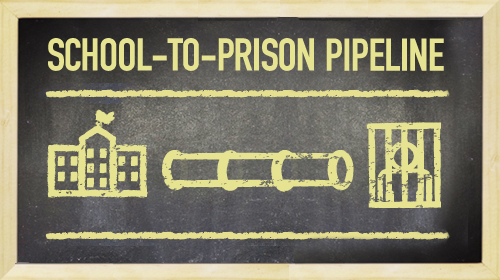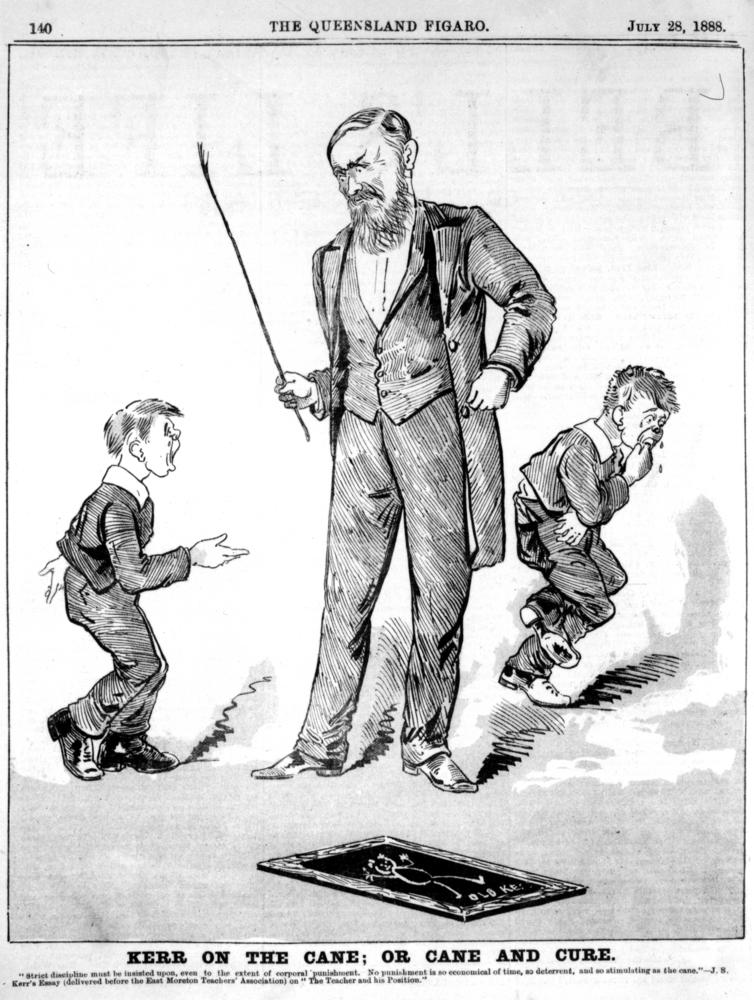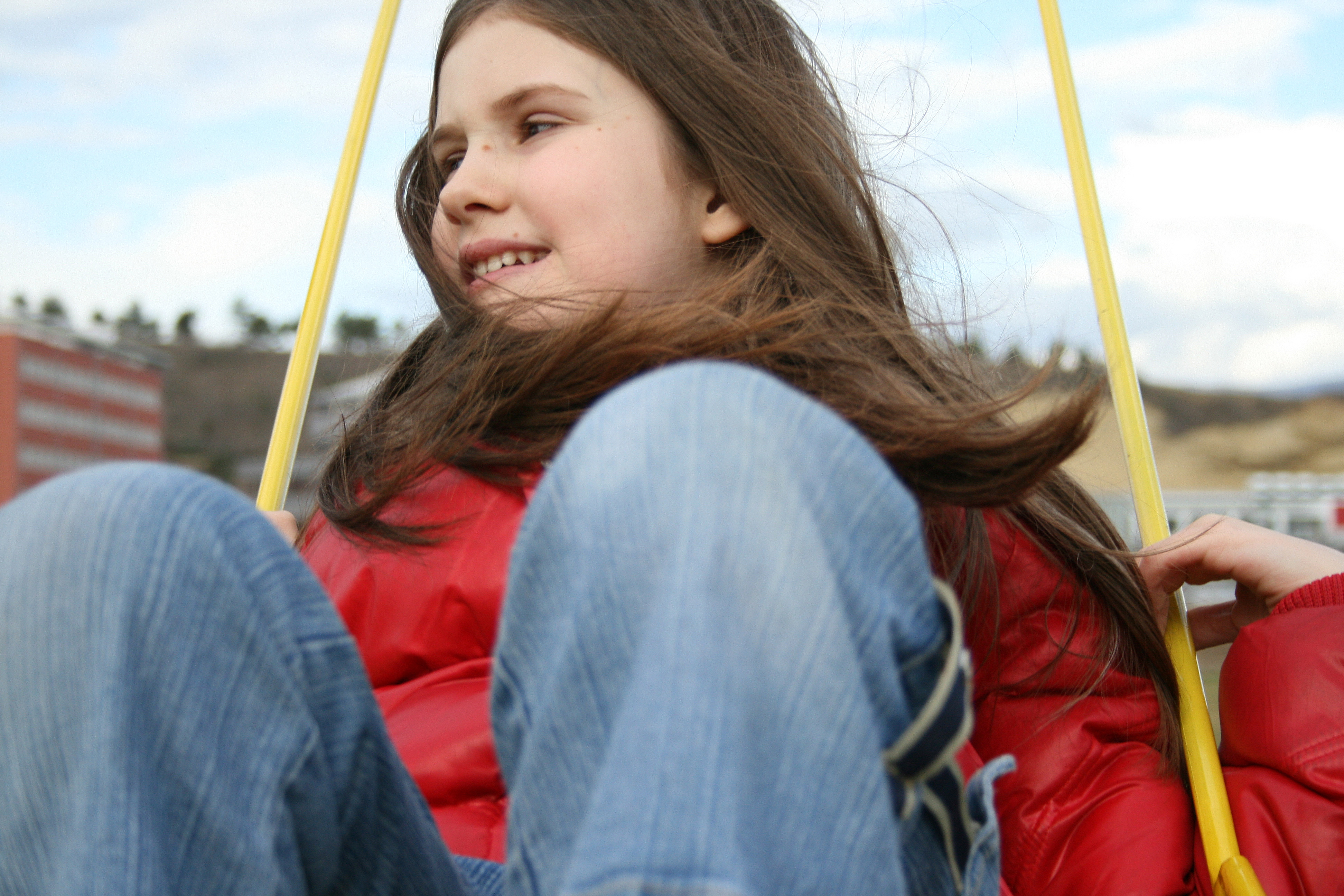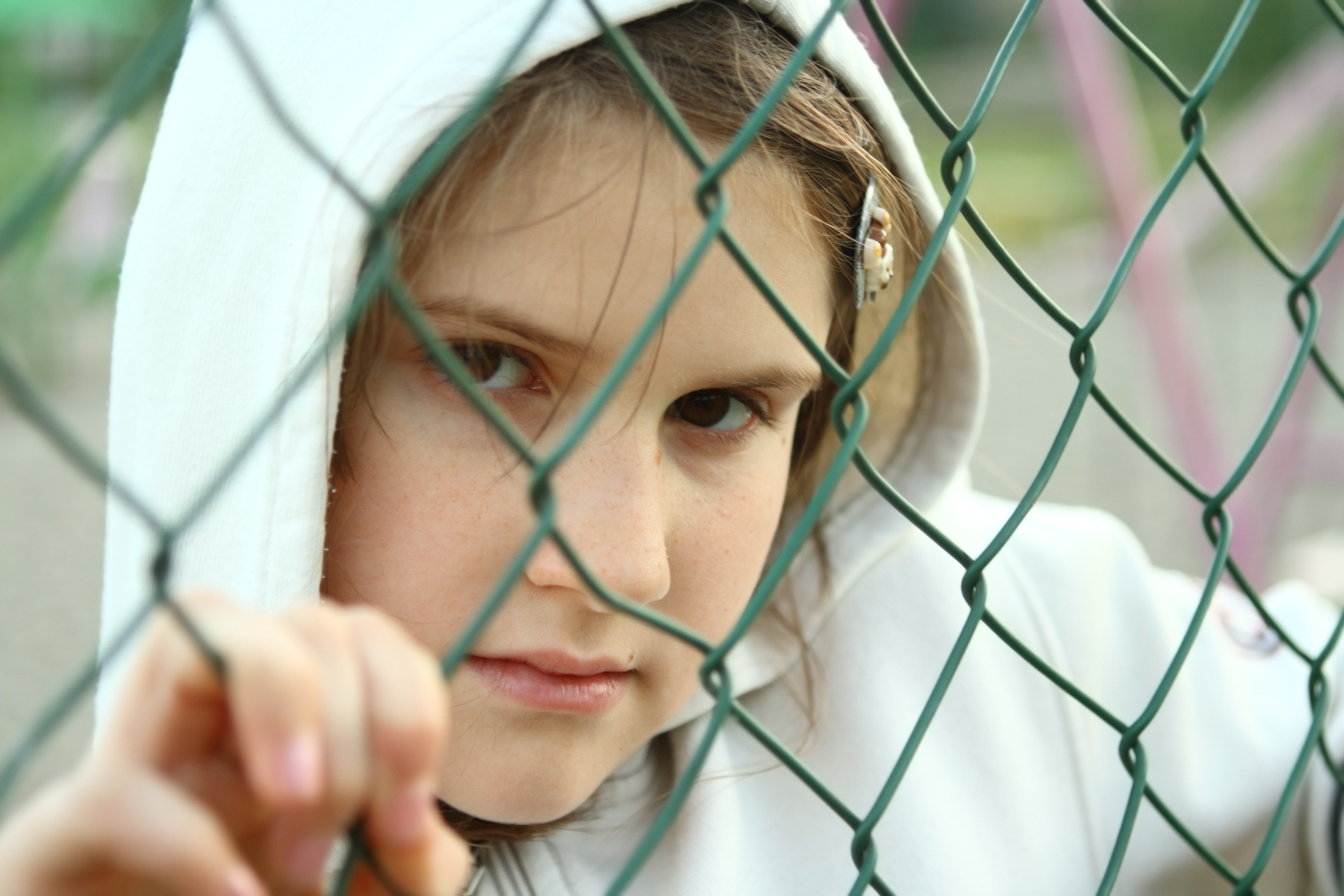I just read a provocative article in the Hechinger report with which I mostly agree. Cossondra George, a veteran middle school teacher in Newberry, Michigan, wrote “How to keep kids with special needs out of prison and in middle school; Telling students that disabilities neither define nor entitle them.” I cheered when she wrote
Schools need to provide mental health support for students, teaching them coping skills and encouraging them to seek help when they are overwhelmed or frustrated. We need to create more peer-to-peer mentoring opportunities, empowering students to help each other. We need to teach compassion, tolerance and kindness in all classrooms, at all times.
Wow! Her compassion for her students and passion for helping them shines through her words.
Like all of us who work with special needs kids, her long career as a special education teacher places her in the position of child advocate. As such, she is troubled by how many of her students slipped through the cracks and ended up going to prison. She draws our attention to a harmful if well-meaning tendency to “make excuses” for kiddos “simply because they have a disability.” She writes, “we back ourselves into a corner, and teach the child s/he is above simple rules.” This, she reckons, is one of the insidious patterns that feeds the school to prison pipeline.
I am troubled, however, by the dichotomy Ms. George sets forth between “determin[ing] if the behaviors [that got kids in trouble] were directly related to their ‘disability’” on the one hand, and “making excuses for children,” on the other. To paraphrase: “Do the kids have a valid excuse for their behavior, or are we making excuses for them when they really are responsible for their actions?” To further paraphrase, “Should we excuse these kids, or punish them?”
Ms. George is certainly not alone in this “punish or excuse” paradigm. In fact, I would argue that it is the dominant narrative right now in schools and in our greater society. School discipline committees and courts are dedicated to parsing out this dichotomy every day.
Rather than arguing over the details of when to punish and when to excuse, I’d like to throw the entire framework out the window.
The apparent dichotomy can be resolved by making a distinction between child and behavior.
I agree with Ms. George that all people should be held to the same behavioral standards, which frankly means no one gets a blank-check excuse. But I also believe that all children (people, really) should be treated as if they are at heart good. Is this a contradiction? Not at all. We can treat all people as if they are good and still consider certain of their behaviors unacceptable, as long as we separate the child from the behavior.
It is not ok to hit someone, whether you did it because you were angry at them, because you have ADHD or Autism Spectrum Disorder, or because you tripped and fell into them. But does saying the behavior is always unacceptable mean that all those children should be punished? I think we would all agree the answer is no.
But why not? Explicitly, this question leads us to the subject of intention. However, tacitly, it leads us to a usually unspoken issue: the nature of the child.
Let’s look at the situation in which a person trips, falls and hits another kid. Do we punish her? No–we all understand her intention is innocent, the hit accidental. Since the intention is innocent, we judge the child to be innocent, so no punishment. On the other hand, we still do not condone the behavior. We don’t tell her it doesn’t matter that she hit someone. We may ask her to walk indoors or to tie her shoes or to be careful next time. In other words, we analyze the cause of the situation (untied shoelaces), address the cause in order to keep it from happening again (Tie your shoelaces!), and offer the child a means of making reparations (say you’re sorry, go get an icepack).
What about the situation in which a child with an autism spectrum disorder hits someone? We generally understand again that his intentions are not primarily to hurt the other child. Perhaps he doesn’t have the cognitive or inferential skills to fully understand the consequences of hitting. Perhaps he doesn’t have the communicative skills to have solved the problem in any other way. Again, since we judge his intentions as innocent, we judge him as innocent, and therefore we do not punish him. Yet, we still do not condone the behavior. We analyze the cause (sensory overload), address the cause to keep it from happening again (a quiet space to retreat), and offer a means of making reparations.
What about the situation in which the child with ADHD hits someone? Well, this is where things begin to get more complicated. Maybe we feel that she didn’t really mean to hurt the other student, but that her impaired impulse control got the better of her. Or maybe we feel that she did mean to hurt the other kid for a moment, and we try to decide whether she was in control of lashing out or not. This, I imagine, is the situation that most often leads Ms. George and her colleagues to try to “determine if the behaviors [that got kids in trouble] were directly related to their ‘disability.’” We are not sure about her intentions, nor are we sure what her intentions tell us about her. Our judgment determines our response. Maybe we analyze the cause (low frustration tolerance, poor impulse control), address the cause to keep it from happening again (taking deep breaths, walking away and counting to ten) and offer a way to make reparations. Maybe we simply punish her.
Clearly, intention is the crux of the matter. After all, intention is the difference between involuntary manslaughter, innocent by reason of insanity, and plain old murder (or hitting…).
So, the kid who is angry and has no valid excuse for hitting another kid? We judge that his intention was, in fact, to hurt the other child, and since he has no excuse, we punish him because he needs to be held accountable for his behavior.
But look: there is a sleight of hand there. In the cases where we judge the child’s intentions to be innocent, we still hold them responsible for their behavior by analyzing it, addressing it to keep it from happening again, and asking them to make reparations. We aren’t actually excusing anything. But when we judge a person’s intentions to be bad, we suddenly equate holding the person accountable with being punished, even though we know punishment is a terrible deterrent1, 2, both for the original hitter and for the observers of the unacceptable behavior.
So, why do we punish these kiddos? Why do we use punishment only in the cases where we judge a person’s intentions to be bad?
Here is where the tacit assumptions about a person’s core nature come sneaking in. We assume that having bad intentions means the person is bad. We fail to consider that good people sometimes have bad intentions. From there, we assume that bad people deserve punishment, not to prevent them from doing something bad again, but as just and fair exchange for them, well, being bad.
Punishment communicates to a child, “It is not your behavior that is bad, but you yourself, and there is nothing you can do short of suffering that will make things right.”
What if we assumed that all children are good, no matter what their intentions or their behavior? If we separate how we judge and respond to the child from how we judge and respond to the behavior, we can do this without condoning unacceptable behavior. We would start by assuming that, to borrow a phrase from Applied Behavior Analysis (ABA), all behaviors communicate, even ones motivated by ill intentions. We would strive, not to judge the innocence or guilt of a person’s intentions and thence of their very nature, but to understand the reason for their unacceptable behavior, in order to address it so it won’t happen again. It would also mean that we would always expect–and allow–a person to make reparations.
In other words, we would always help children learn the skills and strategies to keep from behaving the same way again, and never punish them for being bad.
This is far different from “making excuses” or “determin[ing] that students are not to be held accountable for their actions.” But neither is it sorting out the good people from the bad people. It is, in fact, a whole other paradigm.
It is a paradigm that would help keep kids out of the prison pipeline better than arguing over who gets excused from our behavioral standards and who gets punished for being bad. After all, the one thing we know for sure is that children will rise–or fall–to meet our expectations.






 Students rise or fall to meet our expectations. Choose wisely.
Students rise or fall to meet our expectations. Choose wisely.
[…] truth transforms the job of the adult from making the child behave correctly through rewards or punishment to analyzing what skills or knowledge the child is lacking and remediating that […]
[…] posts: To Punish of Excuse An Homage to Mr. Briley, or It’s the Relationship, […]
[…] Interrupting the School-to-Jail Continuum for Students with Disabilities […]
I realize this might be the entirely wrong place for this comment, but I could not find a way to follow you via word press. Is it possible, or does it need to be done by subscription.
Yeah–because im on wordpress.org instead of .com (or the other way around–i can never remember) you can subscribe but not follow. I hope you do!
I agree with many of your points and with your main point about separating the individual from the behavior. And I agree that it is unfortunate that our society is focused on vengeful punishment rather than instructional correction. The goal should be to decrease incidents of future bad behavior, not to seek retribution.
Exactly, and beautifully put: “The goal should be to decrease incidents of future bad behavior, not to seek retribution.”
Schools as we know them have made little or no progress in over a hundred years. It’s over. We must redefine how to educate our kids without containing, detaining,boring them to death.
There ara a ton of babies in that bathwater, but i hear your frustration. I wish the whole area of education weren’t so politicized in our country–we’d make much more progress if we weren’t playing tug of war!
I am totally on board with the crux of the article. I am a core subject teacher (math) and have always addressed the behavior, not the individual, regardless of disability. My issue has been that, if you excuse the behavior in the education environment, the students don’t learn about the appropriate consequences at that level. Then projecting on, the students don’t have a basis upon which to judge the fact that there will be consequences, and much more severe, when they exit that “protected” learning environment. The key is consistency…as a substitute teacher now, after retiring, I see a wide range of interpretation regarding what is “appropriate” discipline/consequences, even within the same school. “Common core” behavior should be standard throughout the national education system.
I really like that idea of a common core of behavior, although so much is cultural. For instance, in Mississippi a kid better say ma’am and sir, where in California that would seem really odd.
So insightful. Start with: “we can all do better”. However, we all have a different baseline. No two people are alike. As a teacher, I look at what I can do to help my student do better. First step is always acknowledge what we did wrong and then look at what we can do to improve. Remember, there are always consequences for our actions: sometimes known and most often not fully understood. As a teacher, it is my duty to teach responsibility. The student must learn that what the did was wrong and that there are consequences. Consequences should be clearly connected to the wrong action so that a student can learn. Do not infer. State very clearly and in concrete terms, sometimes using pictures if necessary. Always provide a clear path for correct behavior and positive consequence. State clearly always. Never be ambiguous as this causes confusion. This approach is used in our legal system, why not in our educational system?
Exactly. I would add that it’s important to distinguish between the child and the behavior–a thing i wish our legal system did a bit better!
https://www.linkedin.com/pulse/article/20141128182803-114920077-school-to-prison-pipeline?_mSplash=1
Thanks, Ray. You bring up a really important aspect that i didnt have time to go into–how race (and class, etc) makes it that muvh easier to conflate the child with the behavior and judge the child as the problem rather than his or her behavior. Thanks.
I think you have to be very careful here. Far to many kids with disabilities go un assessed as disabled in schools. I am not suggesting that all disabled kids are violent by the way. What I am saying is kids get little to no support in schools even after they have any assessment. What about kids who are the victims of violence in the home? Do we punish them further for it because they display what they experience at home? Or do we try and solve the real issue which is violent parents? Ok true story my niece has a reputation for misbehaving, hitting other kids at times, loses their temper quite easily at times but also can be. As punishment she is not allowed to go our into the playground when she is misbehaving. On the other hand she has food allergies, cannot eat dairy and we have been waiting for test for other food allergies for over a year. When she is experiencing the effects of eating food that affects her she gets a very sore tummy, has to go to the loo quite suddenly and often and yes it makes her grumpy. No matter how careful you are with her you cannot be with her 24/7. Now is she being punished because she is misbehaving or is she being punished for having un assessed food allergies? She is a very bright 5 year old and she does try very hard to be good, we have put in all sorts of different strategies t help and support her. But she is only five years old and anyway what child is good all the time?………I think we have to be very careful when we go down the punish route and if we do what shape this punishment should take because it may not be the kids fault they are misbehaving. Agree with you Diane sigh why done they have a tick key on a keyboard? The carrot is always better than the stick when it comes to kids.
And i would add that it is really important for your niece to know and be told that *she* is good no matter what, but sometimes her *behavior* is bad/inappropriate. Teaching her to be aware of how her tummy affects her moods a d how her moods make her more vulnerable to choosing inappropriate strategies, and giving her better tools to deal with those moods, would be really powerful and useful. I always told my students when I had a headache or hadn’t slept well so they would know I had a little less patience and might be more snappish than usual. We all get grumpy sometimes and it is good to model how we deal with it. And aknowledge that everyone messes up sometimes, and then how to you make amends.
Yes! Largely, we get what we expect. We infer core qualities based on children’s behavior (and sometimes our moods), and our responses tell them who we say they are. I am standing to applaud the wisdom in this article, and the comments are all beautifully stated, as well. Now we just need to raise the consciousness of everyone in a position to “judge” others and/or deliver dispensation. But I remain a believer that all things are possible…and it begins by each of us carrying this message forth to many. Thank you.
Thank you. Well put!
Very good article. Thank you for helping me understand this complex situation a little better. I am not an educator, but do advocate for children with disabilities. I am often faced with situations involving strict discipline when intervention would better serve everyone.
I’m glad you found it helpful. In my mind, it’s all about how you frame it. Once you break out of the punish/excuse dichotomy, you can move to helping and educating.
This sounds ideal in regard to helping children learn which behaviors are not acceptable. They are not ‘bad’, the behavior is bad. How do they learn about consequences that they will face as an adult if they continue to use bad behavior? Prison is still there for those who don’t learn to control the negative behavior.
The assumption is that if they have the skills to avoid the bad behavior, they won’t use it. Remember, ideally, you are still teaching the student that the behavior is unacceptable–and then you are helping them build the socio-emotional and communication skills to avoid it in the future. Furthermore, I would argue that ideally our prison system would be similarly focused on this teaching paradigm rather than the punishment paradigm. That is, more correction. Certainly, there have been studies that show that the best way top actually tackle recidivism is to make sure the person has more skills–socio-emotional, academic and trade-based–when they leave prison than when they go into it. Otherwise, how are we as a society to expect any better behavior from them? If they leave prison angrier, more hurt and with the only skill set strengthened that they learn from gangs, what do we expect? But our society has mostly lost this vision. Prison is too often seen as punishment for evil, as if the people who commit crimes were born like Iago or Maleficent, to do evil for evil’s sake, rather than seeing it as a place of correction–to protect other people from criminals, of course, but also to transform criminals into non-criminals. But we aren’t going to recapture this vision if we keep, for instance, pushing the age at which we try someone as an adult younger and younger, or if we keep making even juvenile detention about punishment rather than correction. It’s a paradigm lacking empathy and willing to give up on people and throw them away at younger and younger ages. In my humble opinion.
I agree with your philosophy. I am, however, skeptical that we will ever invest enough in the services necessary to teach social skills, conflict resolution or communication. Neither do I believe there will ever be adequate mental health services in our schools. Judging by the actions of our legislators, too many of them are content with blaming rather than preventing.
I really, really, hope you are wrong but tend to agree. I do think with some teacher education, we could make a big difference inside the system as is.
Love the writing! Great understanding and interpretation of how many people operate and seeing what those operations do to students today!! Love it!
Thanks.
Great explanation and writing on the complexities of behaviors
Thanks.
Excellent study of a complex situation.
Thanks!